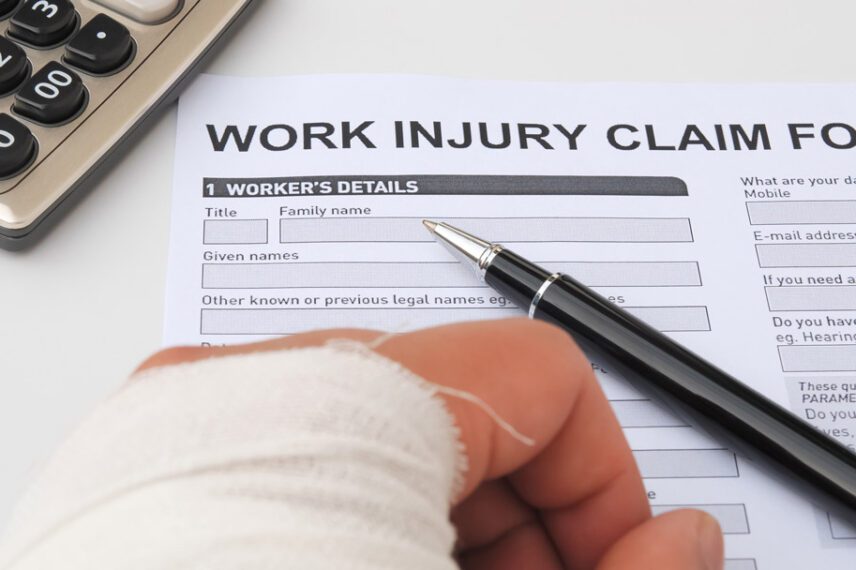10 Important Facts To Know About Worker’s Compensation In South Carolina

South Carolina is one of America’s most beautiful states, and at its heart pulses a hardworking force that keeps its industries alive. Despite strict safety standards, accidents still happen daily, leaving many to question just what benefits they’re entitled to.
When life takes an unexpected turn, and you’re injured on the job, are you equipped with the knowledge to navigate the aftermath?
Let’s dive into the lesser-known depths of South Carolina’s workers’ compensation rules so you can navigate the murky waters of the legal system and receive the full benefits you’re entitled to.
Below are some of the most important facts to understand about how workers’ compensation in South Carolina works.
1. Most Workplaces Have Workers’ Compensation
So long as an employer has at least four employees, employers must have workers’ compensation insurance. This widespread coverage ensures that even if you work for a small company, your medical and financial needs are likely safeguarded.
2. It’s Not (Always) Your Fault
Ever had that gut-wrenching feeling like you’re the one to blame for everything after an accident? Push that aside. The no-fault system in South Carolina means that benefits are still on the table even if you played a role in the mishap. It’s about protection, not blame, so don’t let your own guilt ruin your chances of recovering from your accident.
3. You Have 90 Day Window to File for Benefits
Reporting an injury seems straightforward, but the 90-day window you have to file a claim can close swiftly. Immediate action not only solidifies your claim but also ensures you get timely medical care.
4. Doctor’s Roulette
Your first medical consultation is typically chosen by the employer’s insurance. However, if that choice doesn’t sit right with you, don’t fret—you can request a change or even seek a second opinion. Your health, your rules, so don’t feel like you have to settle for suboptimal care.
5. Expect to Receive at Least Two-Thirds of Your Weekly Wage
Beyond physical healing, there’s financial recovery. If your injuries bench you from work, expect to receive about two-thirds of your average weekly wage. A financial buffer can ease the recovery journey, especially when your injury leaves you unable to work.
6. The Silver Lining to Permanent Injuries
Landing a permanent injury can be devastating. However, compensation amplifies with the severity of the disability. South Carolina’s system is structured to provide more substantial support when you need it most.
7. Beyond the Grave Benefits
As grim as it sounds, the system thinks of everything. If a workplace tragedy leads to the unthinkable, families receive benefits to cover funeral costs and sustain dependents’ financial needs.
8. Boss Revenge? Think Again!
Job security concerns post-claim are common but take heart. South Carolina laws prohibit employers from retaliating against employees who file claims. Your bravery in seeking justice is legally protected.
9. Always Consult a Lawyer
At times, ongoing benefits might be swapped for a lump-sum settlement. While it might seem tempting, always consult a legal expert. Ensure you’re getting a deal that truly compensates your long-term needs.
10. Rejected? It’s Not the End
A denied claim isn’t the end. You can appeal for a fresh look. With persistence, the right documentation, and experienced legal counsel, a turned-down claim can be overturned.
Conclusion
South Carolina’s picturesque charm conceals the intricate web of its workers’ compensation laws. Being armed with this knowledge is more than empowerment; it’s a lifeline.
And while life’s unexpected moments, such as workplace injuries, can challenge us, South Carolina stands by its workers, ensuring they have the support and care they deserve. Familiarizing yourself with these facts can empower you to confidently navigate the workers’ compensation system, ensuring that even in the face of adversity, you’re never alone. If ever in doubt, reach out for legal guidance to ensure your rights are always protected.






